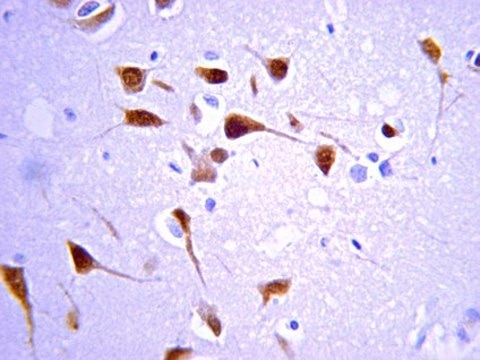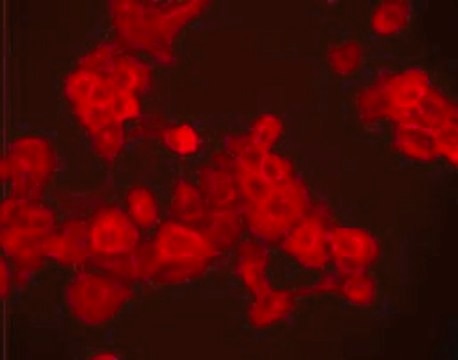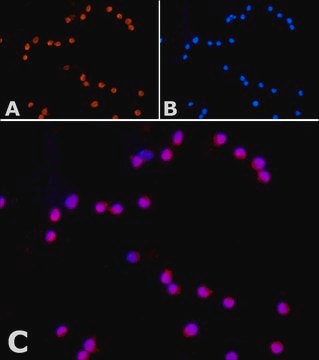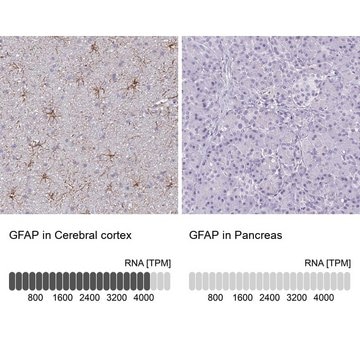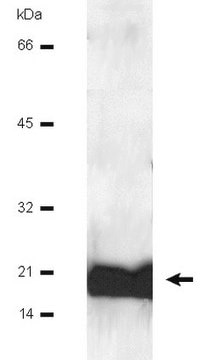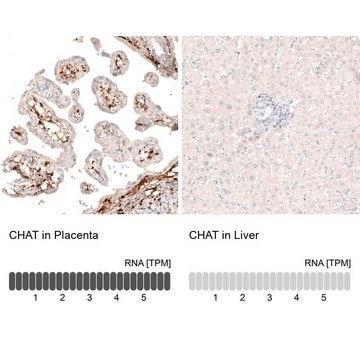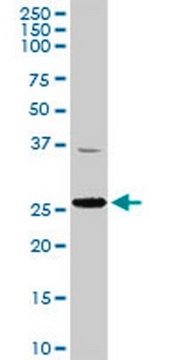D181
D3 Dopamine Receptor from rat
recombinant, expressed in E. coli, membrane suspension
Sign Into View Organizational & Contract Pricing
All Photos(1)
About This Item
Recommended Products
recombinant
expressed in E. coli
Quality Level
form
membrane suspension
packaging
vial of 50 units
UniProt accession no.
shipped in
dry ice
storage temp.
−70°C
Gene Information
rat ... Drd3(29238)
Physical form
Membrane suspension in 50 mM Tris-HCl, pH 7.4, 10% glycerol, 1% BSA.
Analysis Note
Recommended assay conditions are supplied on the product data sheet. This is a bioassayed product. Actual concentration and specific binding capacity are provided with each lot.
wgk_germany
WGK 2
flash_point_f
Not applicable
flash_point_c
Not applicable
Certificates of Analysis (COA)
Search for Certificates of Analysis (COA) by entering the products Lot/Batch Number. Lot and Batch Numbers can be found on a product’s label following the words ‘Lot’ or ‘Batch’.
Already Own This Product?
Find documentation for the products that you have recently purchased in the Document Library.
M L Bouthenet et al.
Brain research, 564(2), 203-219 (1991-11-15)
The messenger RNA (mRNA) of the recently characterized D3 dopamine receptor was visualized on rat brain sections using in situ hybridization with a 32P-labeled ribonucleic acid probe corresponding to a major part of the third cytoplasmic loop, a domain in
L Tang et al.
The Journal of pharmacology and experimental therapeutics, 268(1), 495-502 (1994-01-01)
In order to study the properties of the D2-like dopamine receptors, D2, D3 and D4 clones were transfected into mouse Ltk- fibroblasts, CCL1.3, and a neuronal mesencephalic cell line, MN9D. Most of the derived antagonist and agonist inhibition constants were
P Sokoloff et al.
Nature, 347(6289), 146-151 (1990-09-13)
A dopamine receptor has been characterized which differs in its pharmacology and signalling system from the D1 or D2 receptor and represents both an autoreceptor and a postsynaptic receptor. The D3 receptor is localized to limbic areas of the brain
Our team of scientists has experience in all areas of research including Life Science, Material Science, Chemical Synthesis, Chromatography, Analytical and many others.
Contact Technical Service